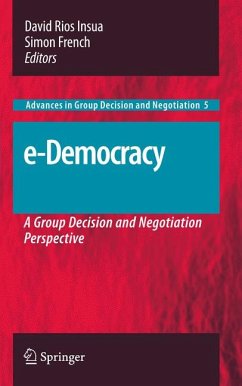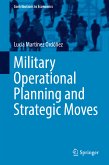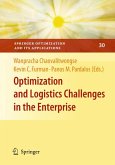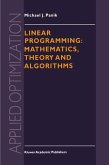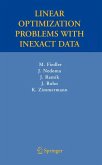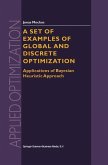This book delineates how this approach could be implemented. It addresses foundations, basic methodologies, potential implementation and applications, together with a thorough discussion of the many challenging issues.
This innovative text will be of interest to students, researchers and practitioners in the fields of e-government, e-democracy and e-participation and research in decision analysis, negotiation analysis and group decision support.
Dieser Download kann aus rechtlichen Gründen nur mit Rechnungsadresse in A, B, BG, CY, CZ, D, DK, EW, E, FIN, F, GR, HR, H, IRL, I, LT, L, LR, M, NL, PL, P, R, S, SLO, SK ausgeliefert werden.

